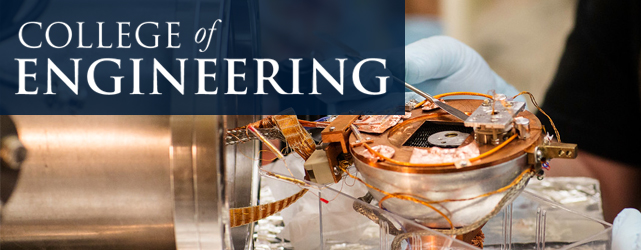Compressive Pressure Dependent Anisotropic Effective Thermal Conductivity of Granular Beds
Document Type
Article
Journal/Book Title/Conference
Granular Matter
Volume
13
Publication Date
1-1-2011
First Page
685
Last Page
696
Abstract
In situ planetary thermal conductivity measurements are typically made using a long needle-like probe, which measures effective thermal conductivity in the probe’s radial (horizontal) direction. The desired effective vertical thermal conductivity for heat flow calculations is assumed to be the same as the measured effective horizontal thermal conductivity. However, it is known that effective thermal conductivity increases with increasing compressive pressure on granular beds and the horizontal stress in a granular bed under gravity is related to the vertical stress through Jaky’s at rest earth pressure coefficient. The objectives of this study were to examine the validity of the isotropic property assumption and to develop a fundamental understanding of the effective thermal conductivity of a dry, noncohesive granular bed under uniaxial compression. A model was developed to predict the increase in effective vertical and horizontal thermal conductivity with increasing compressive vertical applied pressure. An experiment was developed to simultaneously measure the effective vertical and horizontal thermal conductivities of particle beds with needle probes. Measurements were made as compressive vertical pressure was increased to show the relationship between increasing pressure and effective vertical and horizontal thermal conductivity. The results of this experiment showed quantitatively the conductivity anisotropy for two different materials and validated the developed model. This model can be used to predict the anisotropic effective thermal conductivity of granular materials under uniaxial compressive pressures, and evaluate the uncertainties in lunar heat flow measurements.
Recommended Citation
Garrett, D. and Ban, Heng, "Compressive Pressure Dependent Anisotropic Effective Thermal Conductivity of Granular Beds" (2011). Mechanical and Aerospace Engineering Faculty Publications. Paper 149.
https://digitalcommons.usu.edu/mae_facpub/149


